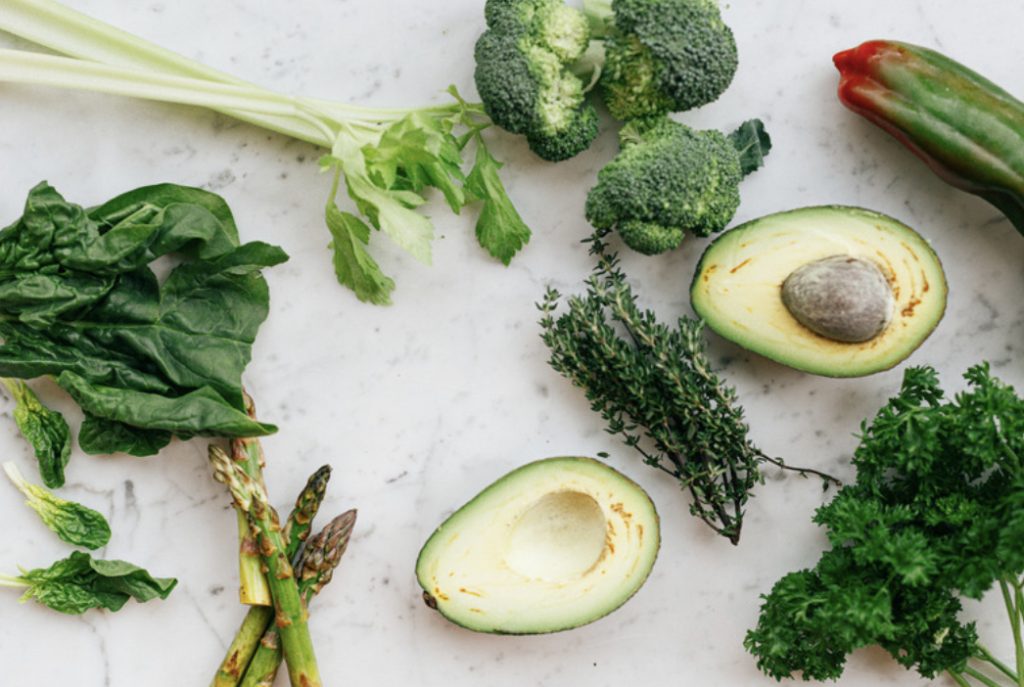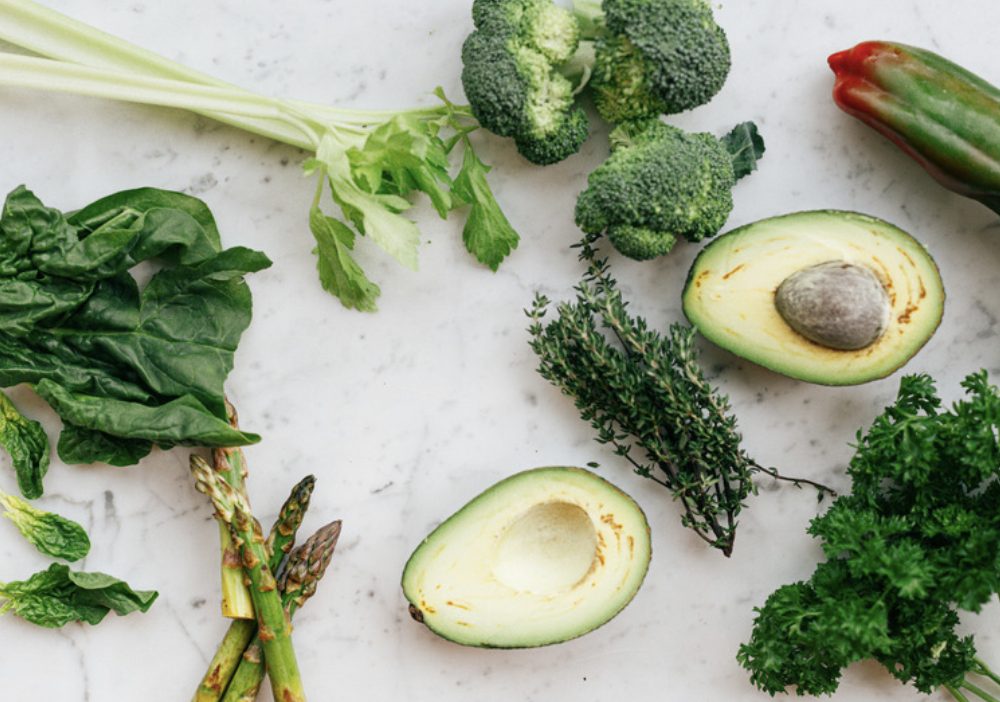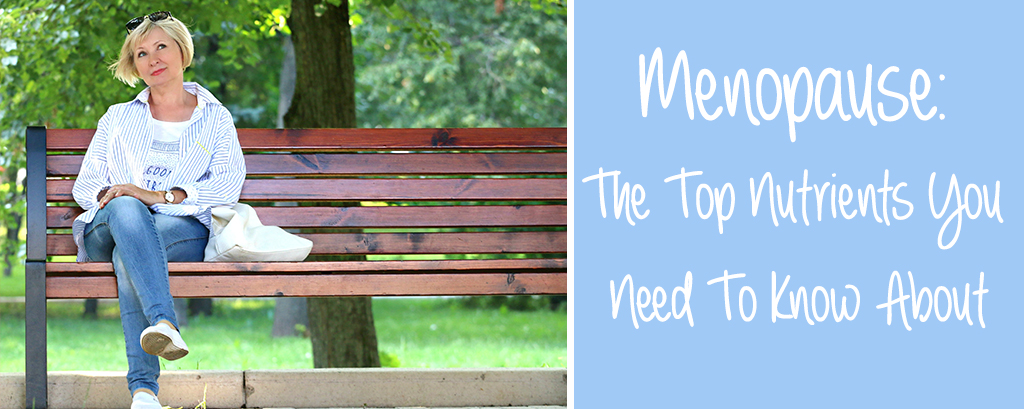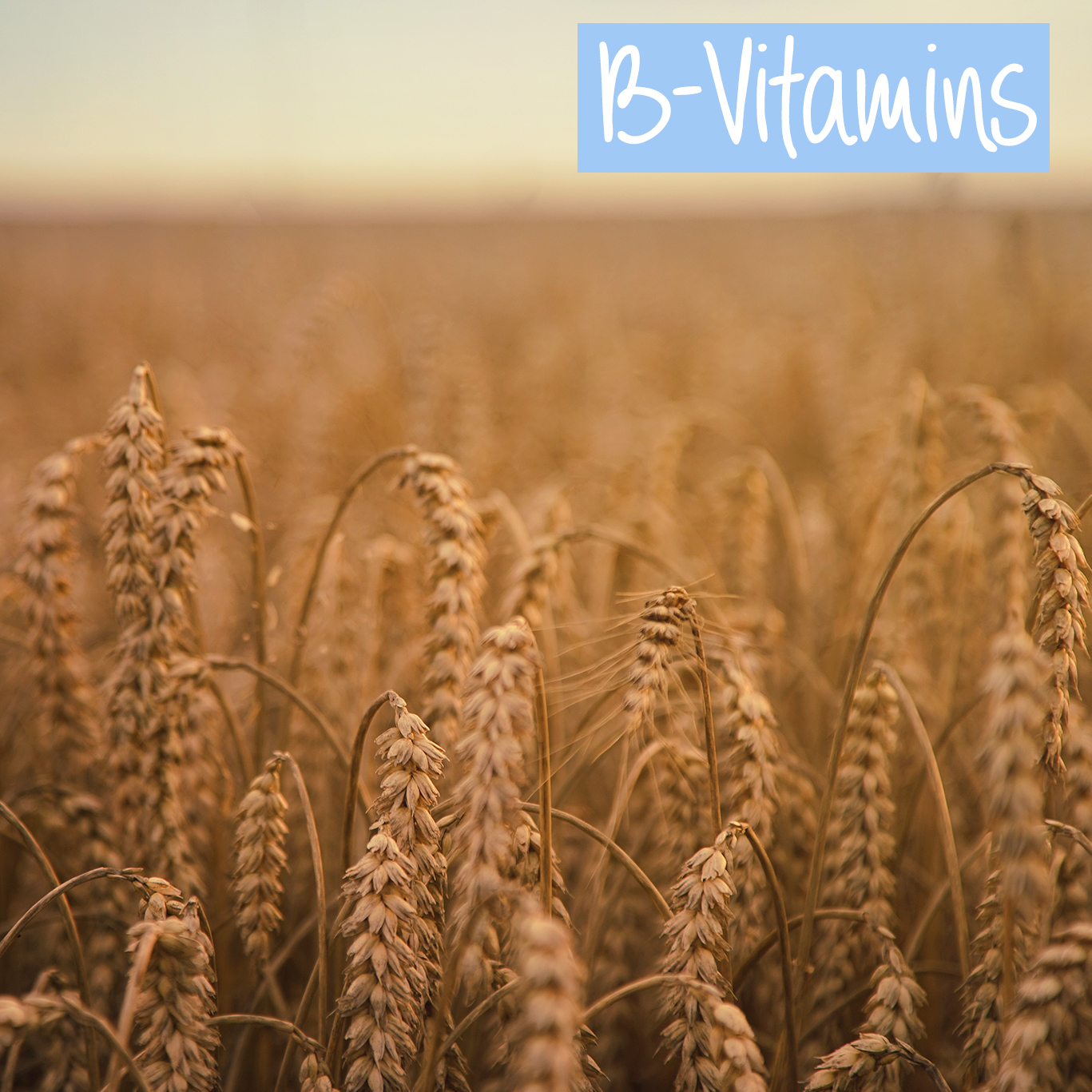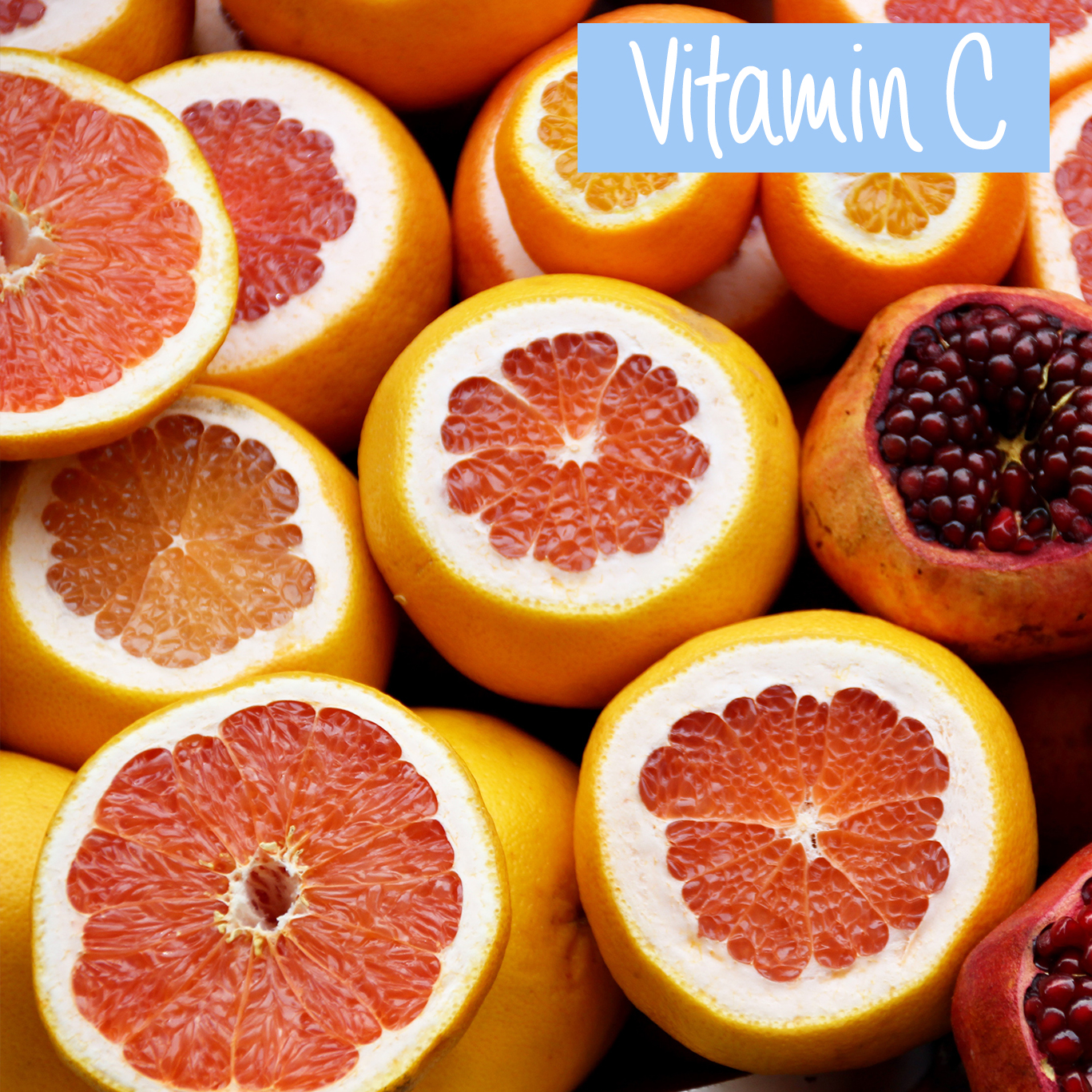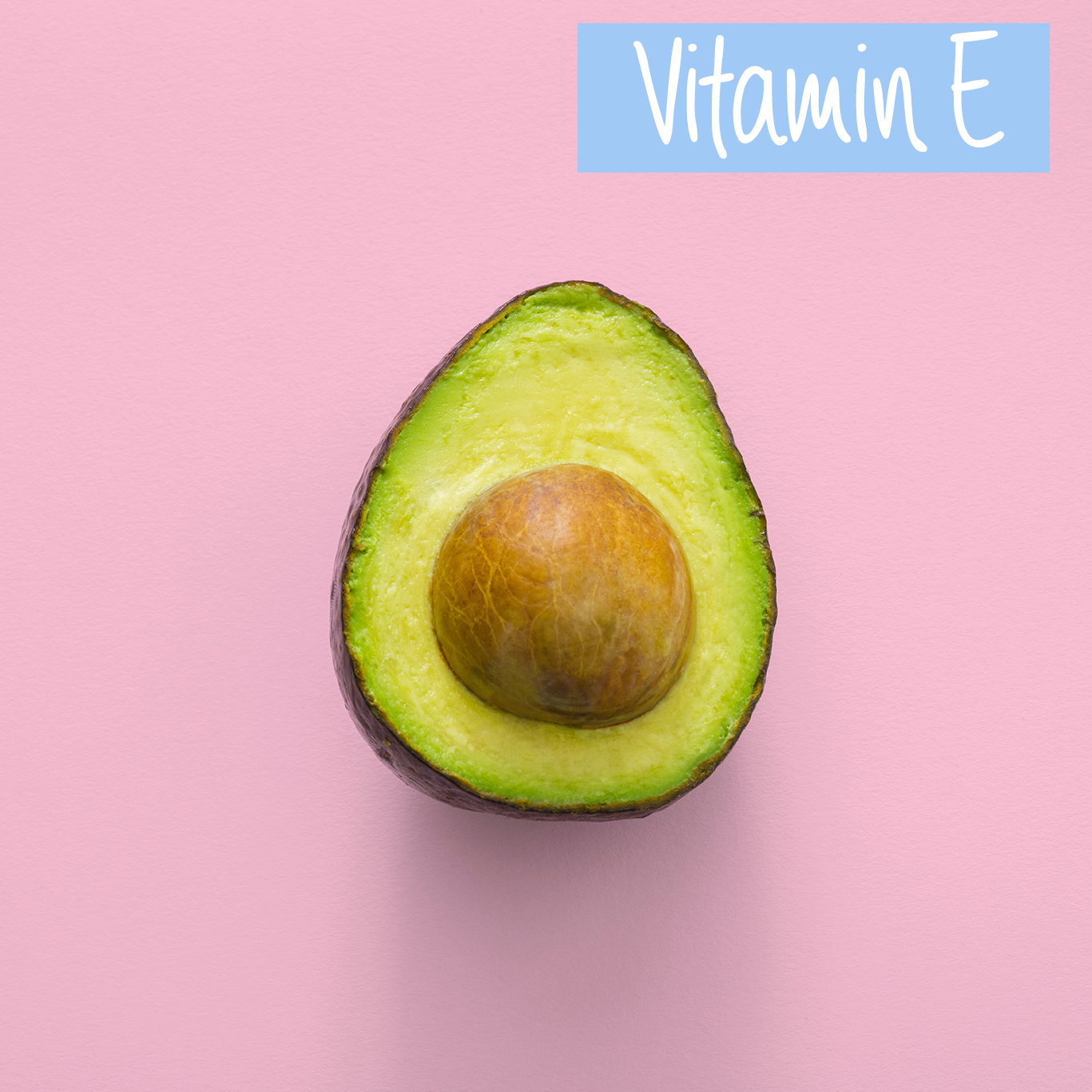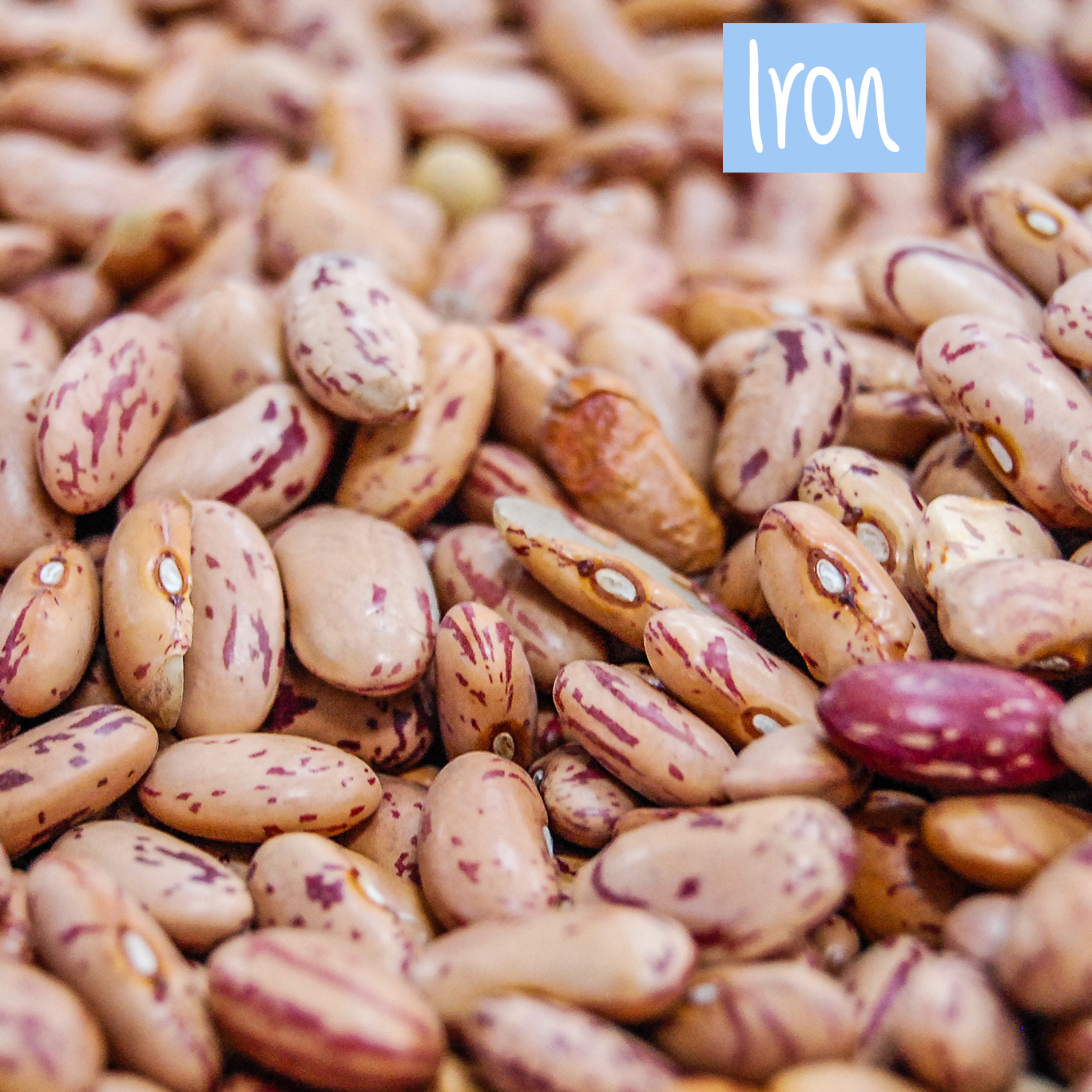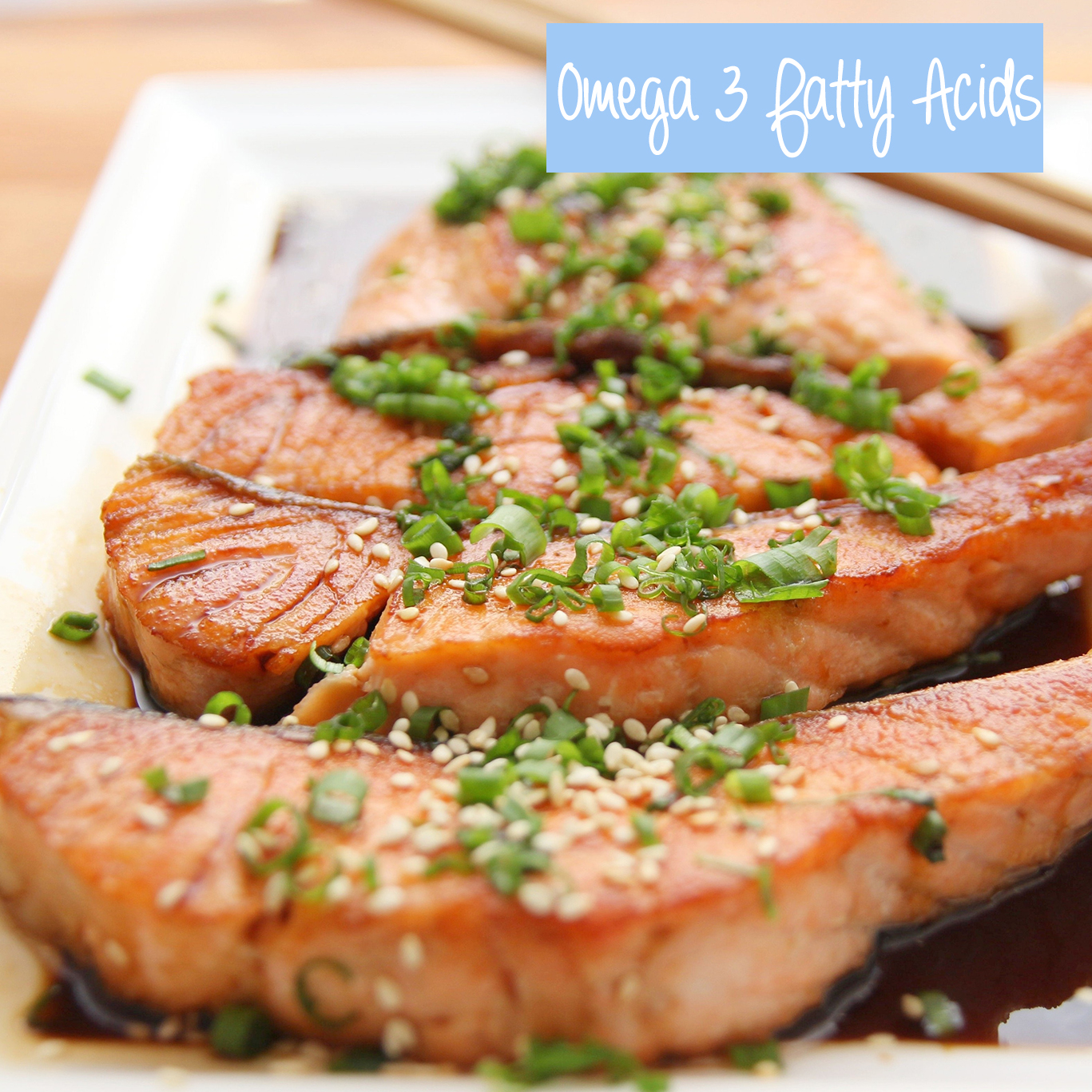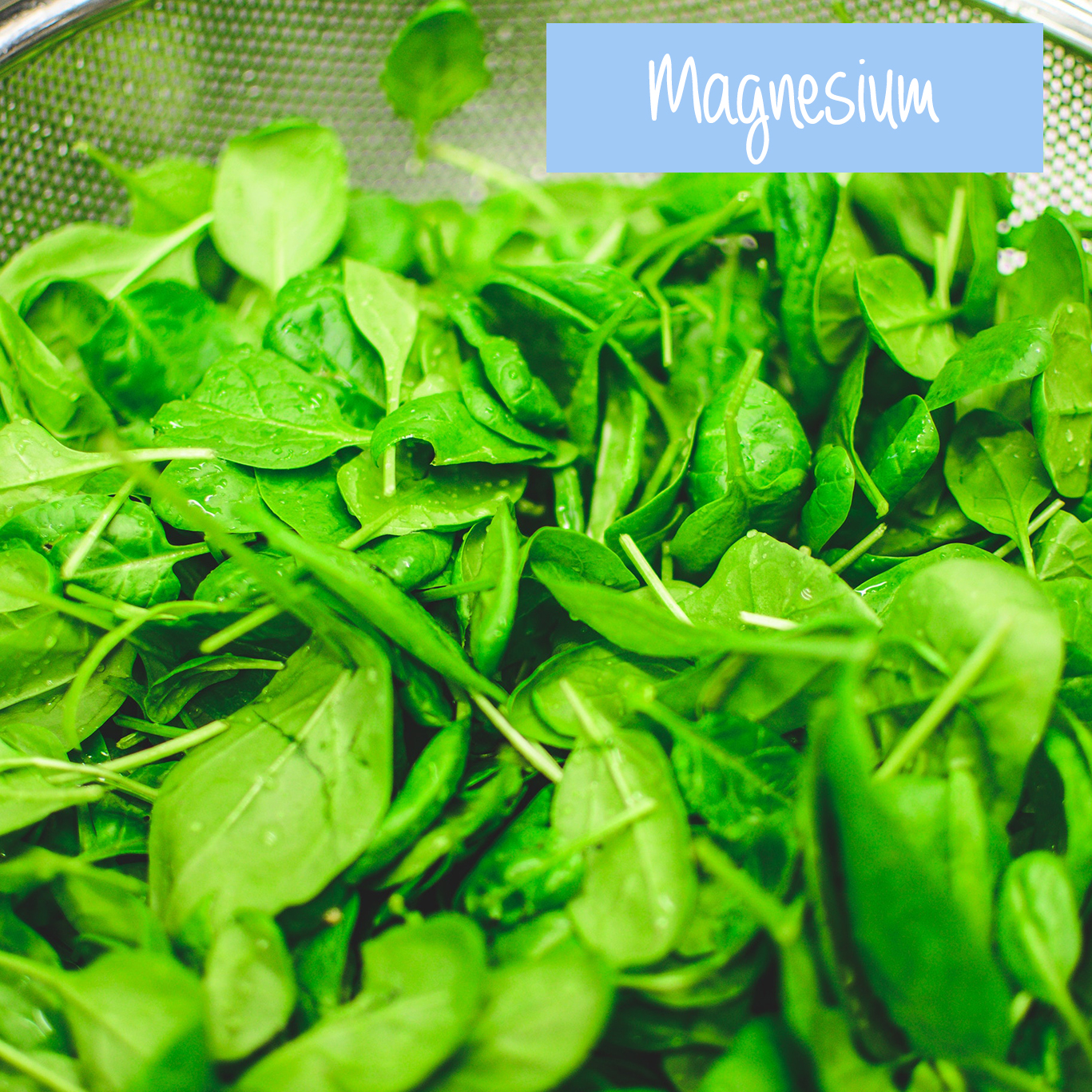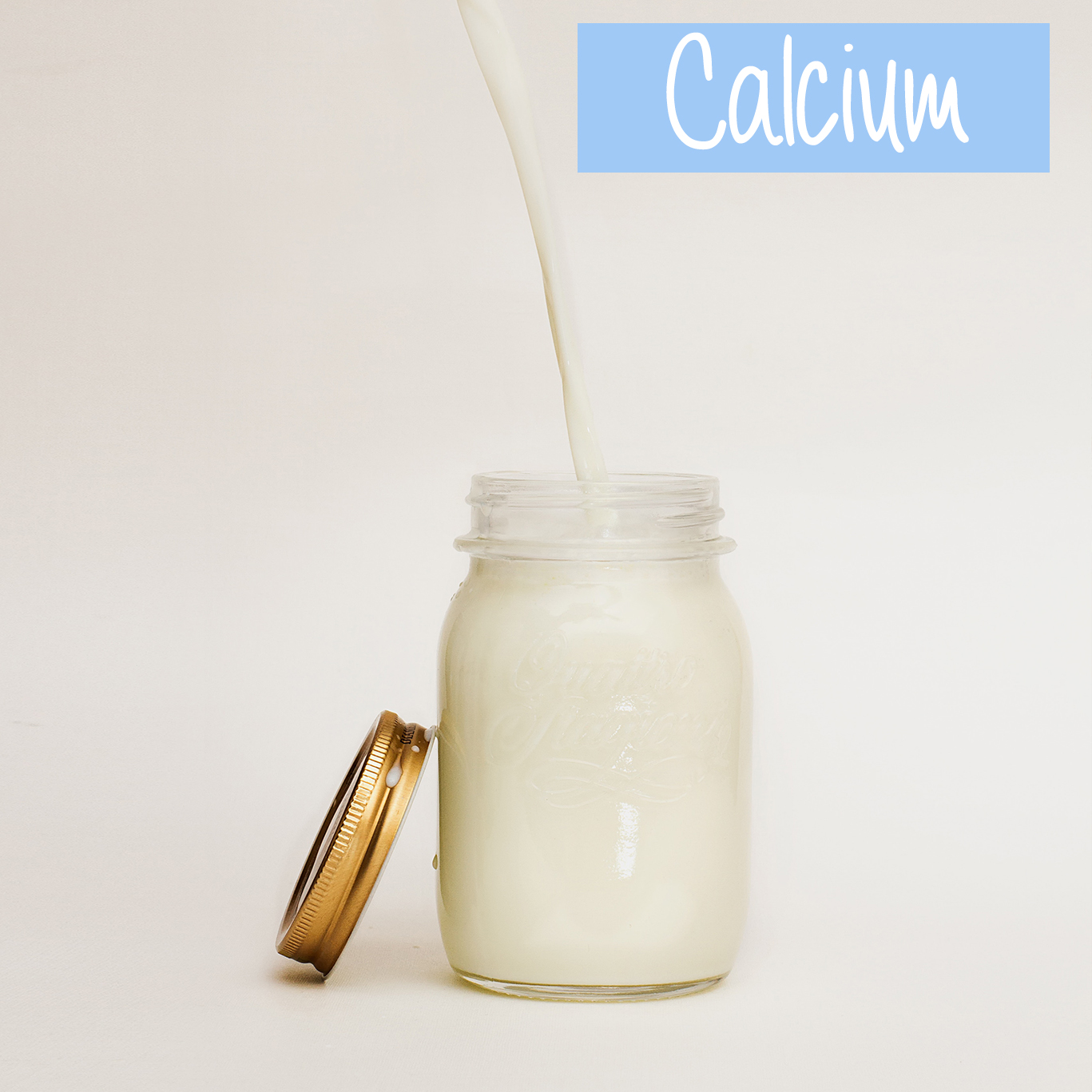PCOS – Weight Loss Management
(Fertility Programme)
PCOS – Polycystic ovary syndrome is the most common hormonal disorder in women of reproductive age. It affects about one in 10 women and usually starts from puberty and can continue through to menopause. PCOS can cause multiple problems, including infertility, acne, excess hair growth, period irregularity and excess weight.
Why does PCOS make it difficult to lose weight?
PCOS has a link to multiple issues.
- It can cause your pancreas to make more of the hormone Insulin and causes resistance. That extra insulin promotes fat storage and increases hunger, which can cause weight gain.
- Other hormones that regulate hunger and fullness can also be impaired by PCOS including hormones called leptin, ghrelin and cholecystokinin.
- Testosterone is an androgen hormone and can be elevated in women with PCOS. It can affect sleep receptors so you do not get deep restorative sleep and we know a lack of sleep is linked to insulin resistance and weight gain.
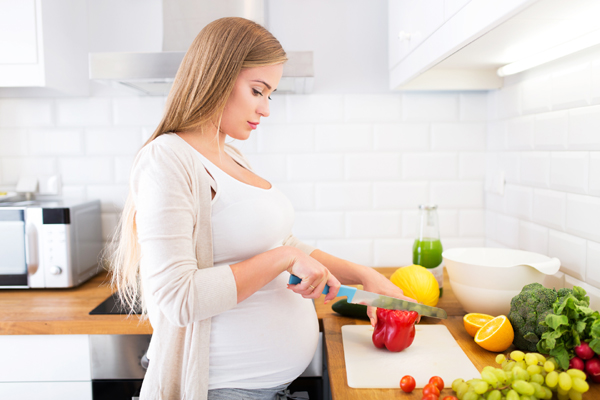
What does the clinical evidence say for PCOS and Fertility?
Many large studies across the world have shown that women who were overweight were able to lose weight before getting pregnant significantly improved both their fertility treatments and pregnancy outcomes.
This is why international guidelines have recommended that weight loss should be the first line treatment for women living with obesity before undergoing fertility treatment or planning a family.
How can a 121 Dietitian weight management programme help you?
There is no one size fits all regime for losing weight, nor is there one specific fertility diet. Furthermore, women who are overweight with conditions such as polycystic ovary syndrome can find weight loss particularly difficult.
All of the recent evidence has indicated that crash diet/exercise regimes tend not to work and can even cause harm, in other words, weight management does not mean starving yourself!
The best approach is to have a sensible and achievable long-term plan to reduce weight and keep it off for GOOD.
Who is this plan for?
• Women with polycystic ovary syndrome (PCOS) experiencing difficulty losing weight
• Women who are over or underweight experiencing a delay in achieving a pregnancy
• Women who want to achieve weight and lifestyle improvement before trying for a baby
• Men who have modifiable risk factors with diet and weight.
Weight management for PCOS
The aims of the weight management and or fertility programmes we offer are:
• To achieve a realistic goal. We, therefore, focus on a 5-10% body weight loss over 4-6 months as this has been shown to improve fertility treatment outcomes.
• To achieve sustainable weight loss – not just short-term gain
• To provide a personalised dietary and exercise programme with appropriate psychological support – this has been shown to be the most effective way to achieve sustainable weight loss as well as improve quality of life – helping you to feel good about yourself
• To empower you to help you feel more in control of everyday life so that you can avoid returning to unhealthy lifestyle behaviours.
We haven’t forgotten the men in your lives….
Men can contribute to infertility issues also.
- 30% of men are infertile due to multiple factors, medical and environmental.
- Alcohol, smoking, being overweight and poor diet are factors that can be modified.
Our programmes allow for both or either partner to be treated for infertility.
How does our PCOS and Fertility plan work?
You will meet a specialist dietitian throughout a period of a minimum of 6 months….
Prior to an appointment, you will be asked to complete a 121 Dietitian – 7 Day Food Diary and Diet Plan Questionnaire. These will be assessed by Gillian Killiner RD, specialist Dietitian, and an appointment will be arranged to discuss the findings and begin the best nutritional programme bespoke to you. This can be via our online secure portal or face-to-face at our Holywood clinic.
Week 1 – At this initial appointment Gillian will include nutritional information, motivation and lifestyle changes. A nutritional programme, recipes and shopping list will be written up for you to follow with SMART goals. Nutritional optimisation is the goal and this will include assessment of gut health/mental health/bloods and corrected with diet and supplements as required.
Week 4 –6 – at this dietetic review Gillian will reassess the recommendations and assist you with setting further achievable goals. If you are wishing for a reduction in weight you will be aiming for 1kg/2lb weight loss as a steady and manageable reduction each week.
Week 12-15 – Review with Gillian – you will be asked to forward a new food diary prior to this, the appointment is online/phone call &/or email.
Week 22 -28 – Final appointment with Gillian – reassessment of weight and medical and general health parameters in conjunction with your fertility team.
Partners together weight management fertility package £800
Either Partner weight management fertility Individual programme £600
Weight Loss for PCOS
For women with PCOS who wish to lose weight only, our programmes will be tailored specifically to your requirements.
PCOS weight management programme £500
